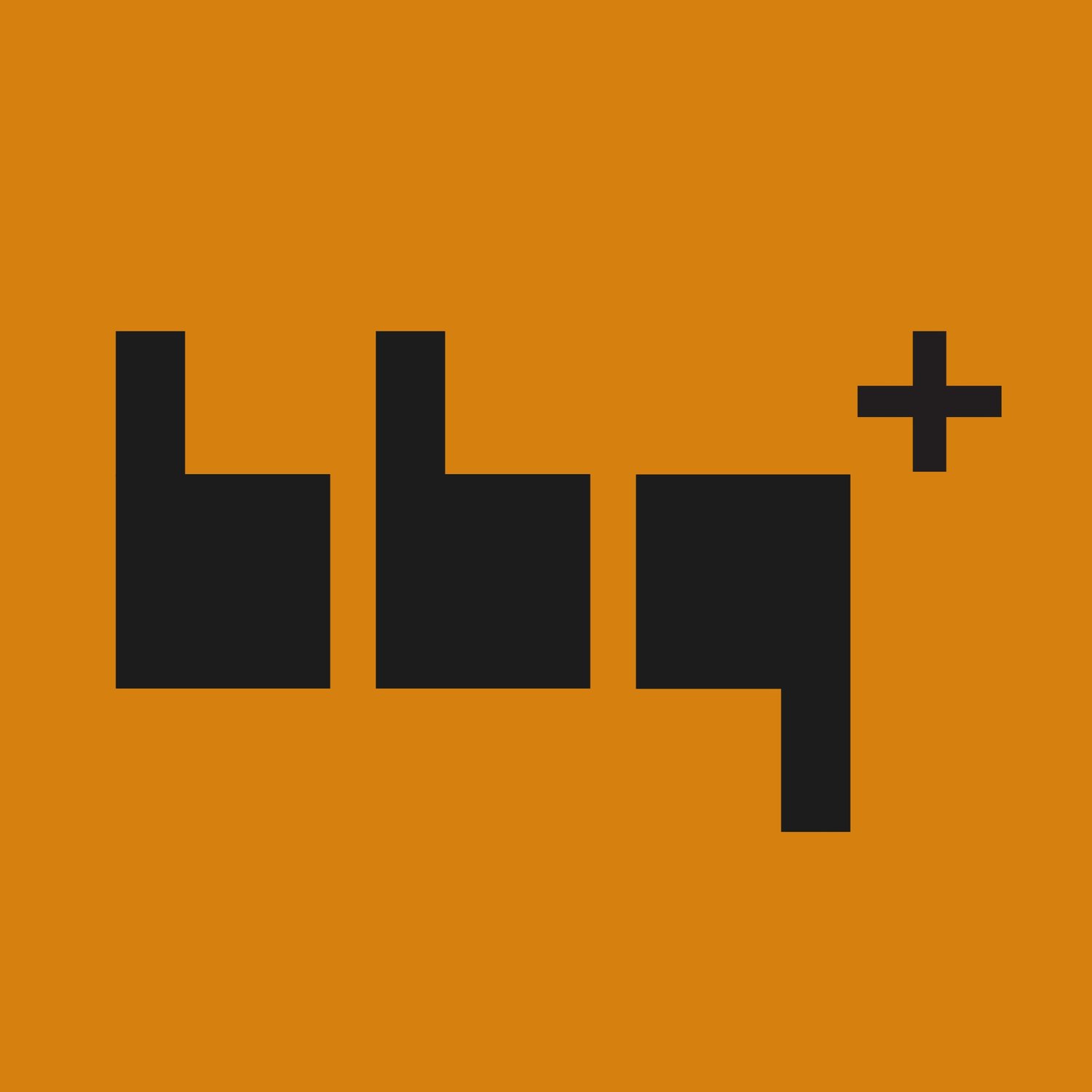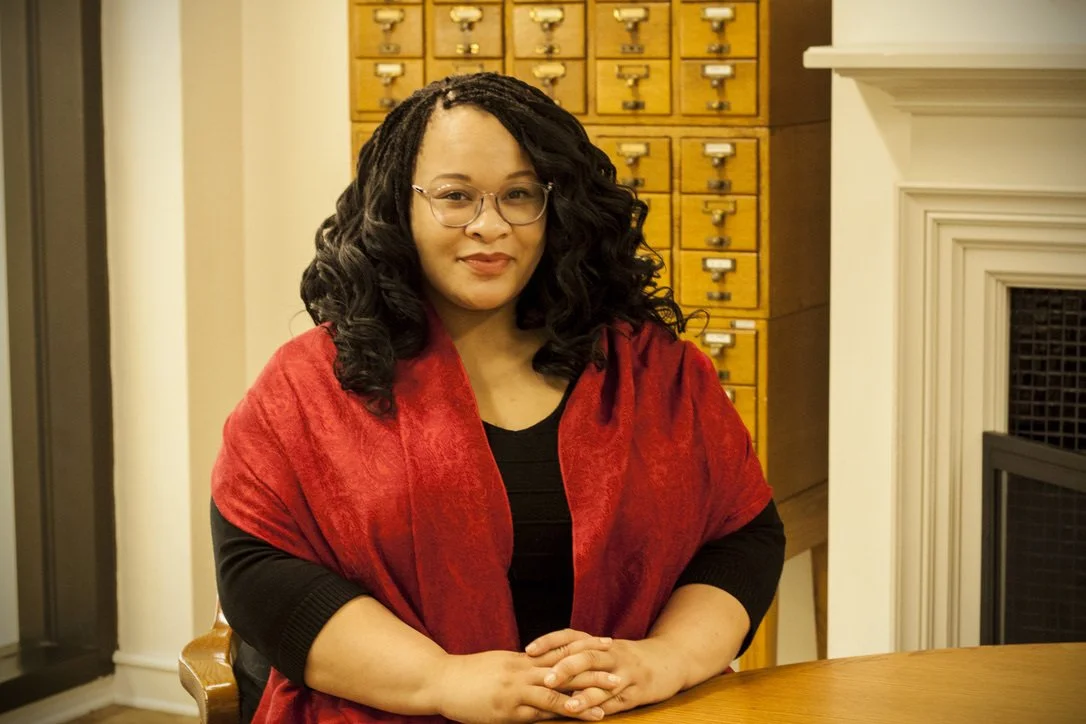Wrapping Up 2021 at the Pedagogy Lab
We wrapped up our first year at the BBQ+ Pedagogy Lab!
The Pedagogy Lab opened its programming in winter 2021 with a pedagogy clinic featuring Dr. Jill Fish, an Indigenous counseling psychologist. Dr. Fish spoke on the subject “Collective Trauma-Informed Teaching: Implications of a Global Health Crisis, Racial Violence, and
Political Unrest for Teaching,” offering concrete information about the ways student’s brains take in (or, do not take in) information during periods of sustained trauma, like the conditions we experienced during the beginning of the pandemic, and that many students and teachers continue to experience. The Lab’s next project was the Summer Pedagogy Institute, a workshop for graduate instructors and librarians in the humanities and social sciences to refine their syllabi for upcoming classes. Through expert panels, sessions with feedback from undergraduates, and peer support, participants were able to take skills and refined syllabi back to their home institutions and implement them with their students.
During the summer of 2021, the Lab accepted its first cohort of Pedagogy Fellows. The cohort consisted of five BIPOC and queer scholars, with diverse backgrounds in librarianship, community college education, higher education, fine arts, and theology/divinity. Fellows worked to create audio open access educational materials on a range of timely topics including Afrofuturism, oral histories of Japanese Internment, call and response traditions in the African Diaspora, and the challenges of navigating queer HIV+ relationships.
Our fall 2021 programming culminated with our first annual pedagogy conference, themed “cyborg pedagogies,” for the unique educational landscape of technological community building, open access educational materials, and crisis teaching. The conference included panels for academic presentation, structured roundtable discussions on of-the-moment topics in education, open educational resource (OER) showcases, and opportunities for less structured conversation and community-building. You can view the entire schedule here on our website.
This coming spring, we will continue this work through projects with partners we have established relationships with over the past eight months. Our keynote speaker for the Pedagogy Conference, Dr. Nicole Truesdell, will work with us to create an audio OER series and curriculum on utilizing emotional technologies in pedagogy. The Lab will be in partnership with the Mellon-funded Minnesota Transform organization, a group focused on racial, environmental, and health justice within Minnesota with ample experience connecting the work of higher education to middle and high school students, to create a series of recorded interviews with rising scholars about their research on landgrab universities and landback movements.
We thank the Hewlett Foundation, who are routinely at the forefront of powerful and impactful educational initiatives, for their continued support. Our continuing mission is making the work of pedagogy, OER, and curriculum legible and desirable for scholars and teachers, placing emphasis on pedagogy publications, OER creation, and pedagogical craft. See you in the new year to continue this work!
In solidarity,
Dr. Caitlin Gunn
Director of the Pedagogy Lab


